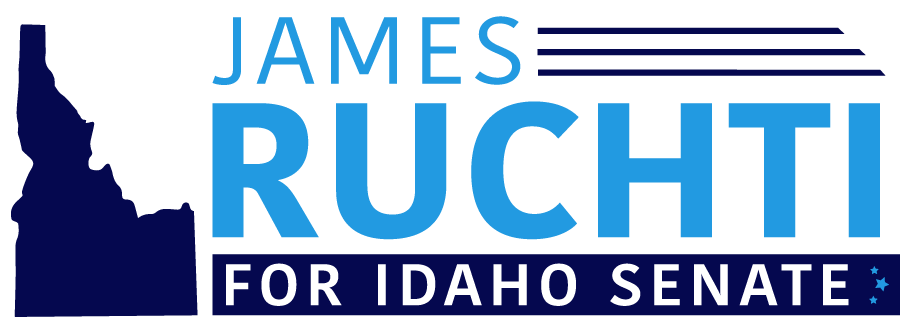Property Taxes: Three Options for Reducing Property Taxes
In the House Revenue and Taxation Committee, property tax relief was the theme. On February 2nd, the Committee voted to introduce three separate bills, each with a different approach.
- HB 78: The first option is HB 78, which aims to boost the homeowner’s exemption from its current cap of $125,000 to $224,000, bringing it to the level it would be at today if the Legislature hadn’t capped it in 2016. The bill will also ensure the exemption stays current by restoring its annual index, so it adjusts with changing home prices.
- HB 77: The second option is HB 77. It allocates $150 million in state revenue to provide property tax relief exclusively for homeowners. The focus on homeowners is warranted. Since 2016, homeowners have experienced an increase of 20%, on average, in their property taxes. Commercial properties, on the other hand, have seen a 22% decrease in their property taxes during that same time period.
- HB 79: HB 79 is the third option. It provides school districts with much-needed funding to pay off supplemental levies and bonds. Once those are paid off, it provides school districts funds they can use for maintenance needs. However, it also takes away $50 million from the September Special Session’s newly established school operations fund, jeopardizing our ability to increase teacher and education support staff salaries. The funds are being taken from already underfunded parts of the budget, creating a gap in the General Fund and ultimately affecting school funding.
I’m looking forward to hearing more about these proposals, but I thought I would get some basic information out to you about them. I heard about the need for property tax relief again and again during the campaign, so this issue is important to me.
Topics On My Mind: Ballot Initiatives, SJR 101 and Irony
“Irony is just honesty with the volume cranked up.” — George Saunders
SJR 101 has reared its ugly head. It is an effort to amend the Idaho Constitution to establish extremely restrictive requirements for citizens to get an initiative on the ballot. The new standards would require those seeking signatures to obtain, from each of the 35 legislative districts, an amount of signatures equal in number to at least 6% of the legal voters at the time of the last general election.
This would make Idaho’s standard one of the strictest in the nation. More importantly, it would make the standard virtually impossible to achieve. Anybody who has worked on one of these signature-gathering efforts to get an initiative on the ballot can tell you how extremely difficult it is to succeed even under the current standards.
Under SJR 101, any of the 35 legislative districts could veto the other 34. If some special interest opposes a citizen ballot initiative, under this proposed new law, it could concentrate its money in one legislative district to defeat the effort. Under this standard, we wouldn’t have Medicaid expansion or a way of pushing the Legislature to solve problems it has been ignoring for years.
If the standard being proposed by SJR 101 sounds familiar, it should. It is the exact standard the Idaho Legislature enacted in a statute back in 2021. It was Senate Bill 1110. The Idaho Supreme Court struck down that statute for being unconstitutional.
In doing so, the Court noted our own Idaho Constitution acknowledges all political power is inherent in the people and initiative powers are fundamental rights. Justice Brody found that SB 1110 was “not reasonable and workable.” She also concluded SB 1110 “turns a perceived fear of ‘tyranny of the majority’ into an actual ‘tyranny of the minority.'”
The true irony in all of this? It is that this proposal would enshrine in our Idaho Constitution the very standard our Idaho Supreme Court struck down as unconstitutional because it made the initiative process illusory. It would still be a right the people had under the Constitution, but in name only. It would be meaningless.
A Personal Note: Worker’s Compensation & PTSI
As a co-sponsor of HB 18, I am proud to support this critical legislation that will provide the necessary compensation and treatment to our first responders suffering from Post Traumatic Stress Injury (PTSI).
The increased role of firefighters in responding to accidents, natural disasters, and shootings has resulted in a higher exposure to traumatic events and an increase in PTSI cases. This trauma can have long-lasting effects on the mental and physical health of our firefighters, affecting their ability to perform their duties effectively.
HB 18 will remove the sunset provision from Senate Bill 1028, passed in 2019, providing workers’ compensation coverage for first responders with PTSI. According to the fiscal note, total claims for the three years of coverage have been less than $1.5 million, and the base rates for employees in these classes are lower than the rate set in 2019. This bill will take effect on July 1, 2023.
We must stand behind our first responders and support this bill. Our cities in Idaho recognize the importance of supporting our heroes and strengthening the safety of our citizens. Let’s do our part to help those who protect us every day.
